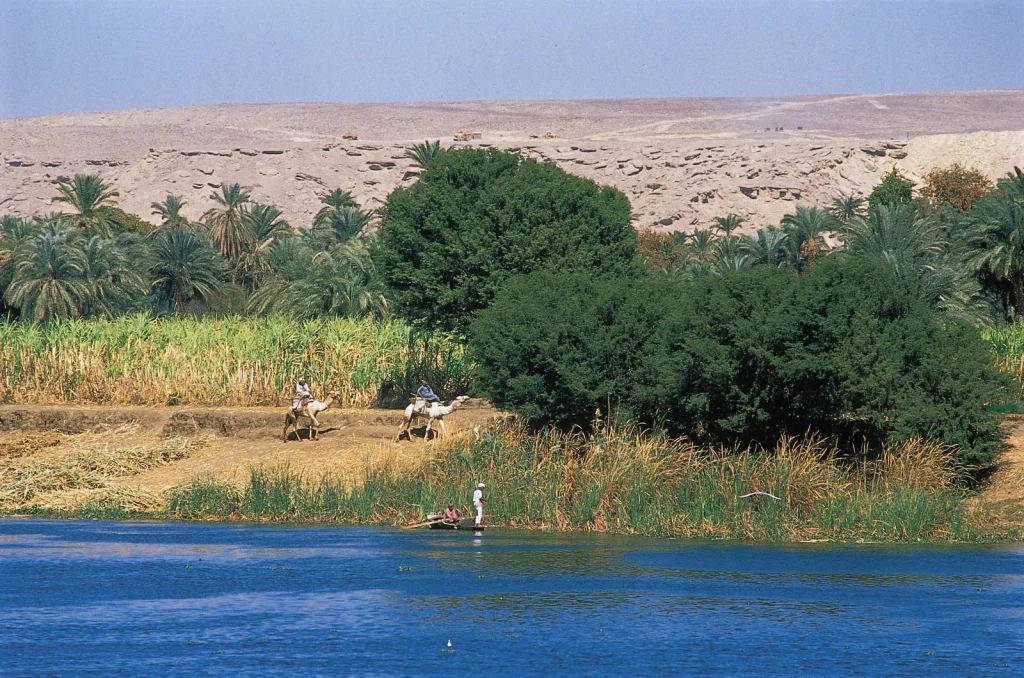A landmark multinational agreement regulating the use of the Nile River’s waters has officially entered into force, despite strong opposition from Egypt.
The Nile River Basin Cooperative Framework Agreement (CFA) came into effect on Sunday after more than a decade of negotiations among the countries that share the river. The Nile Basin Initiative, a partnership of 10 riparian countries headquartered in Entebbe, Uganda, hailed the CFA as a defining moment in the Nile Basin’s history.
“(The agreement) is a testament to our collective determination to harness the Nile River for the benefit of all, ensuring its equitable and sustainable use for generations to come,” the initiative stated.
However, only five countries—most notably Ethiopia—signed and ratified the treaty. Egypt and Sudan, who have long been embroiled in a dispute with Ethiopia over the Grand Ethiopian Renaissance Dam (GERD), have yet to sign the agreement. The GERD, a massive hydropower project on the Blue Nile, is seen as crucial for Ethiopia’s development and providing electricity to its 120 million citizens.

In contrast, Egypt views the dam as an existential threat, as the Nile supplies 97 percent of its water needs. Egypt’s Irrigation Minister, Hani Sewilam, reiterated the country’s stance, stating on Sunday, “Egypt will not compromise even a metre of Nile water, and rejects totally the Entebbe agreement,” as reported by state-affiliated media.
A summit of Nile countries scheduled for October 17 in Uganda has been postponed to early next year, according to Vincent Bagiire, the permanent secretary at Uganda’s foreign ministry. He did not disclose the reason, although there is speculation that disagreements among member nations may have caused the delay.
The Nile Basin Initiative asserts that the CFA aims to “rectify historical imbalances in access to the Nile’s waters and ensure that all Nile Basin countries—whether upstream or downstream—can benefit from this shared resource.” The Nile, spanning 11 countries, is a lifeline for over half a billion people.
The Nile Basin Initiative includes Burundi, the Democratic Republic of Congo, Egypt, Ethiopia, Kenya, Rwanda, South Sudan, Sudan, Tanzania, and Uganda, while Eritrea participates as an observer.

